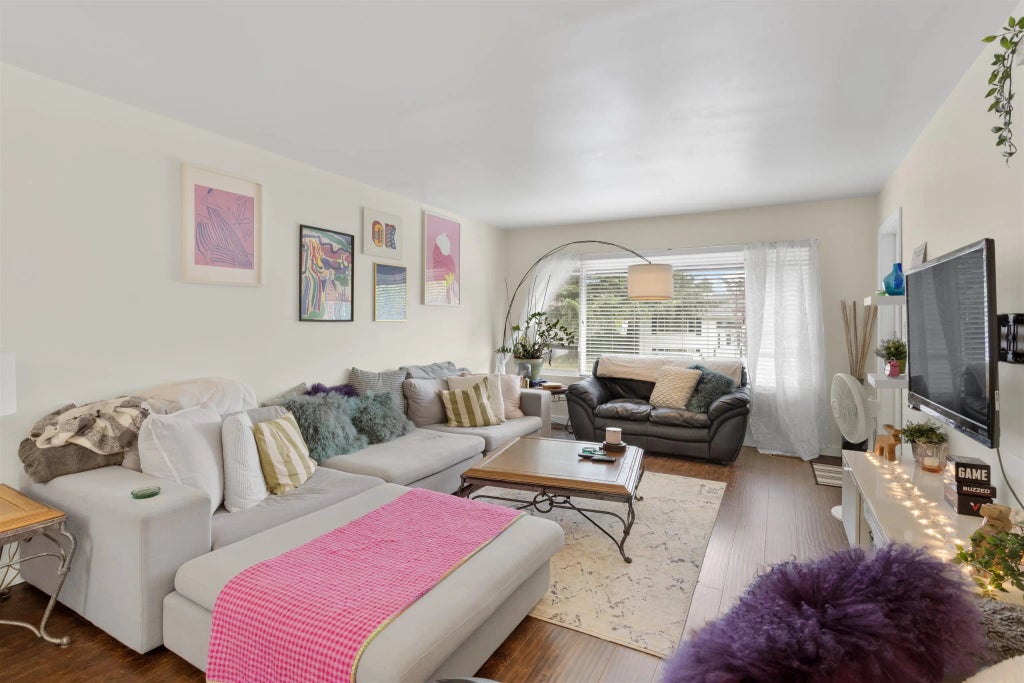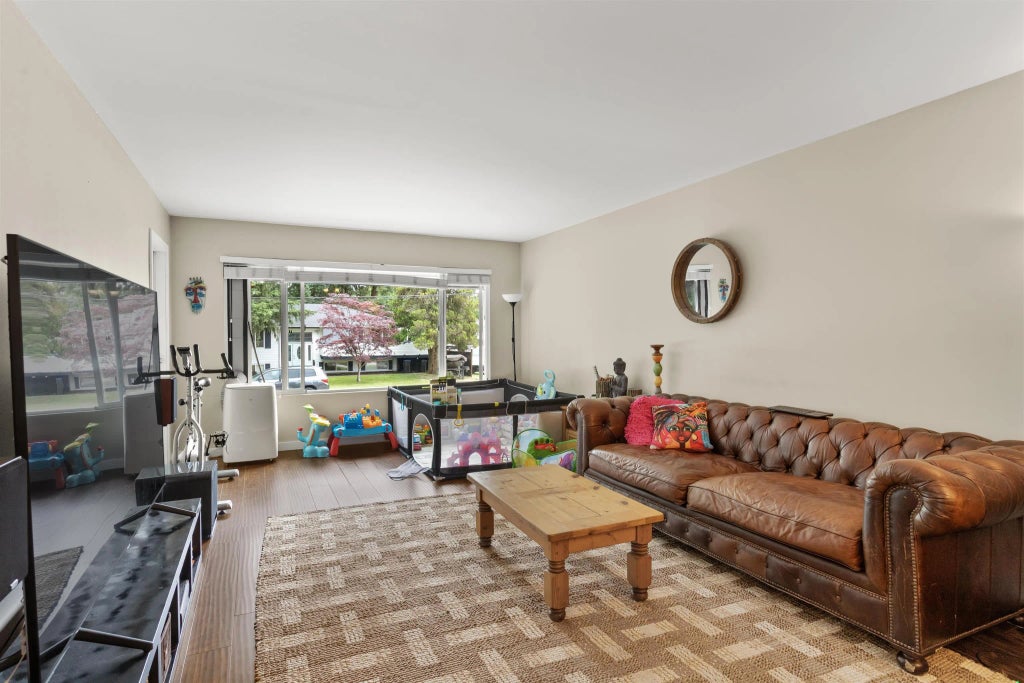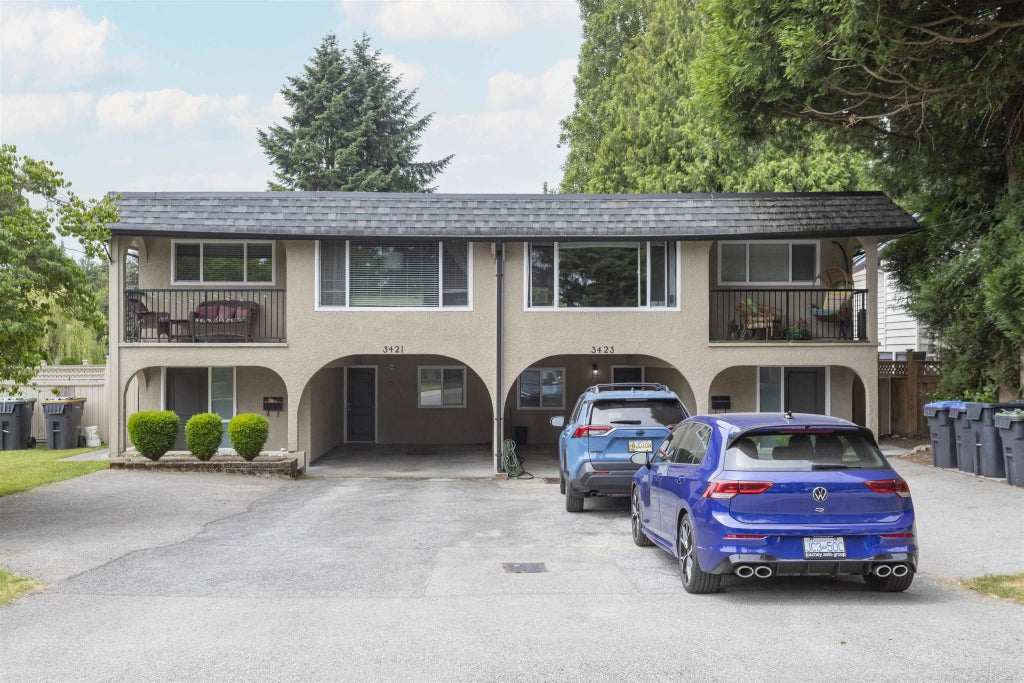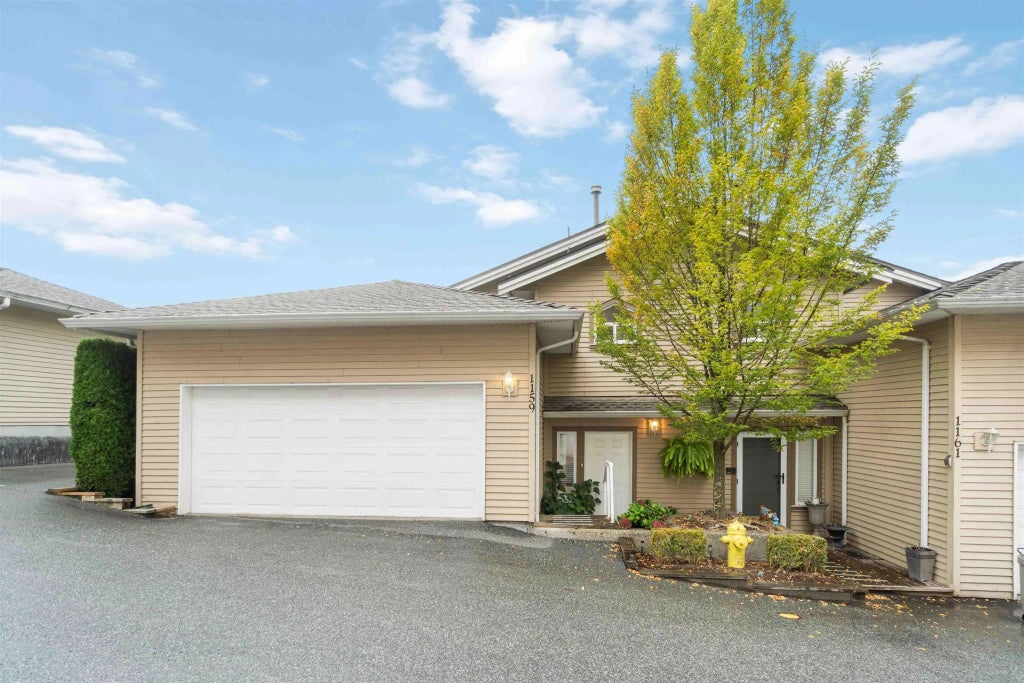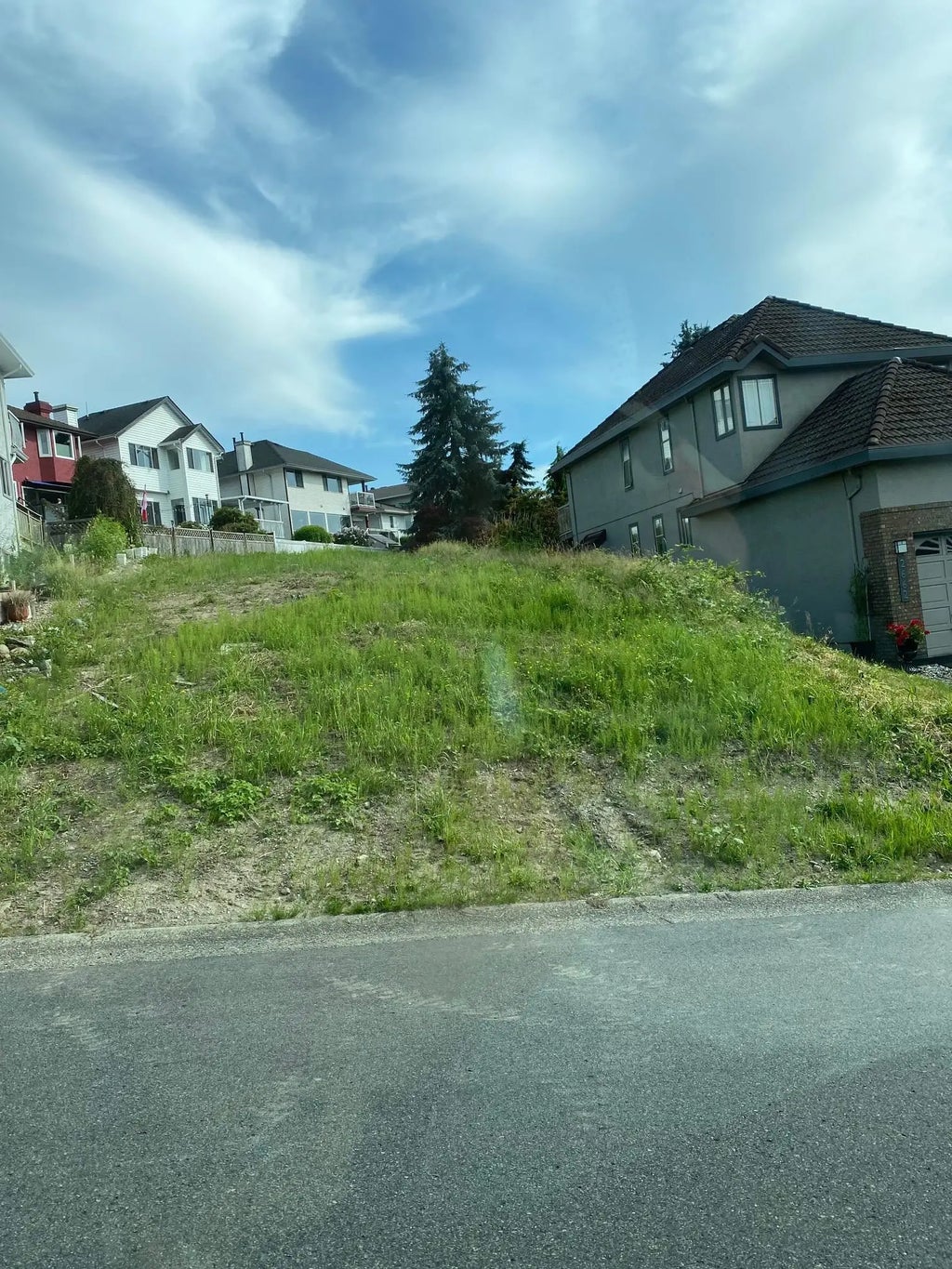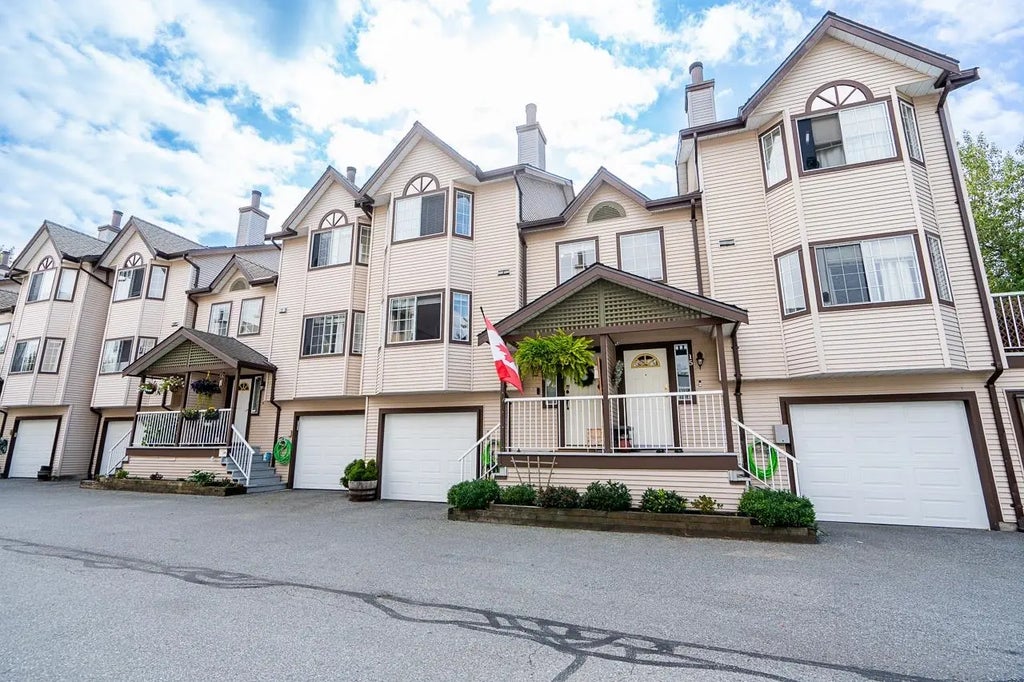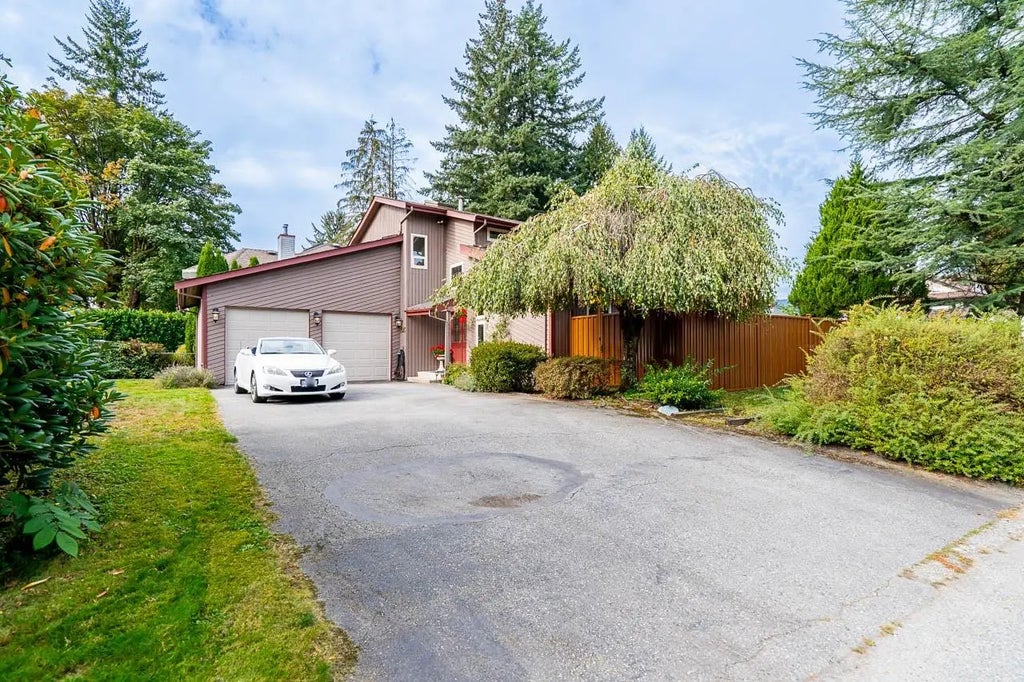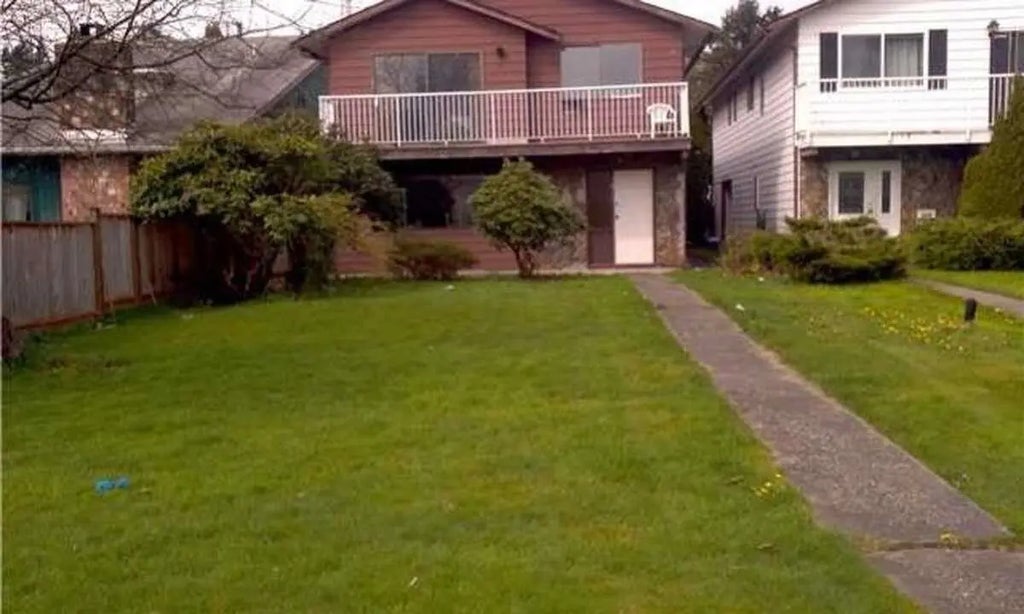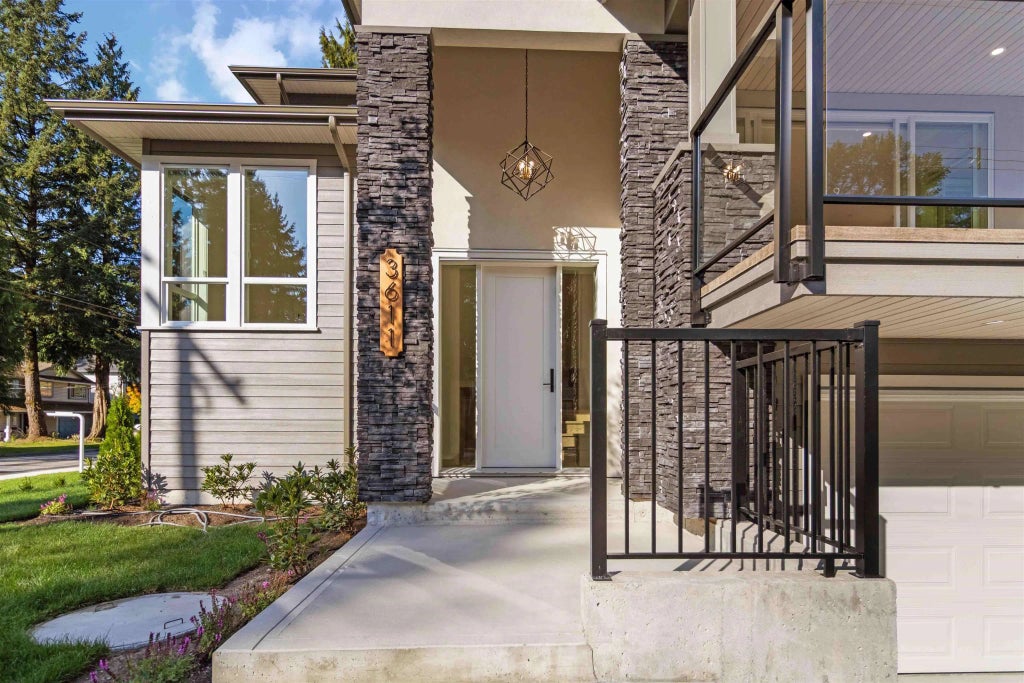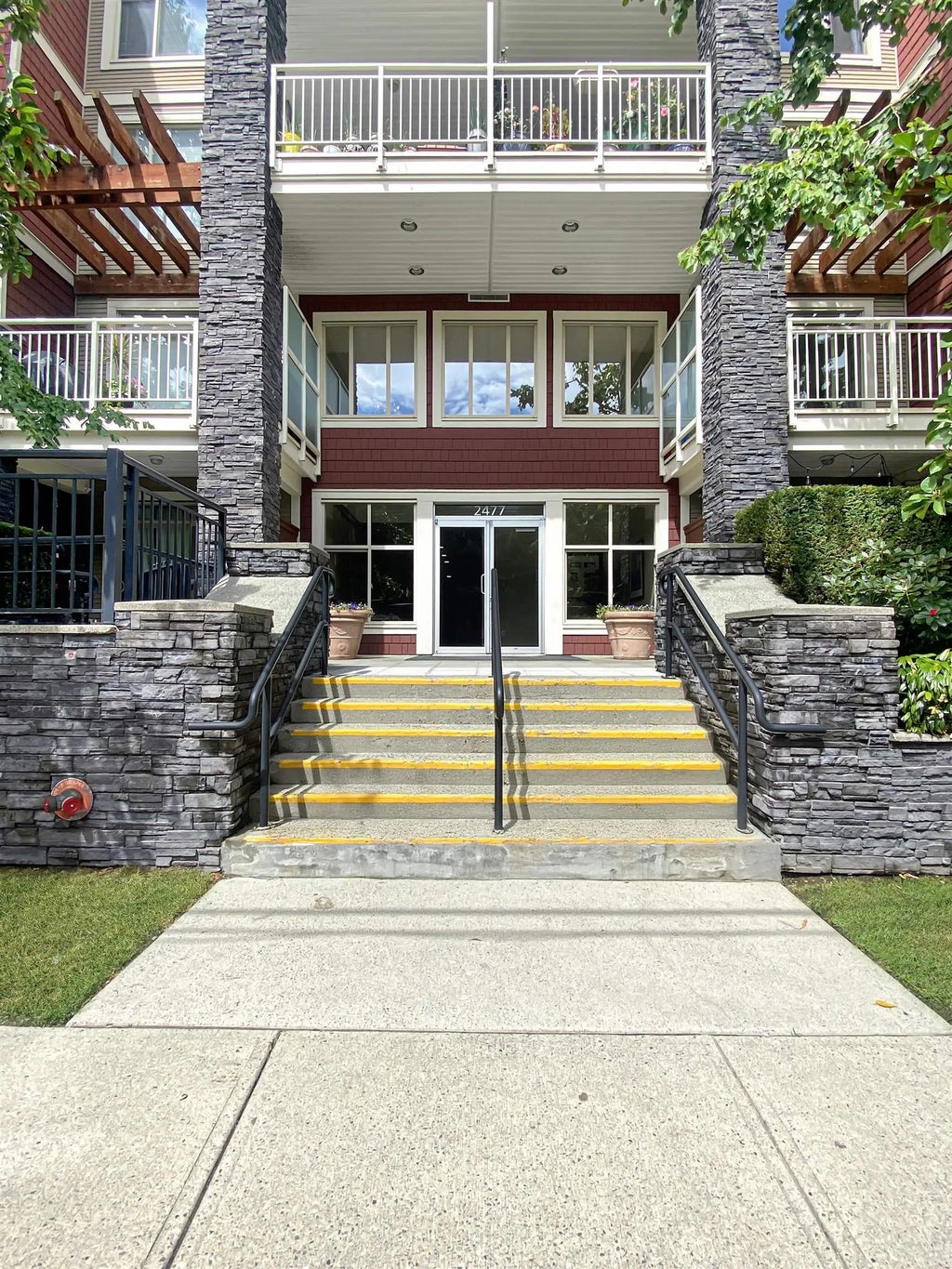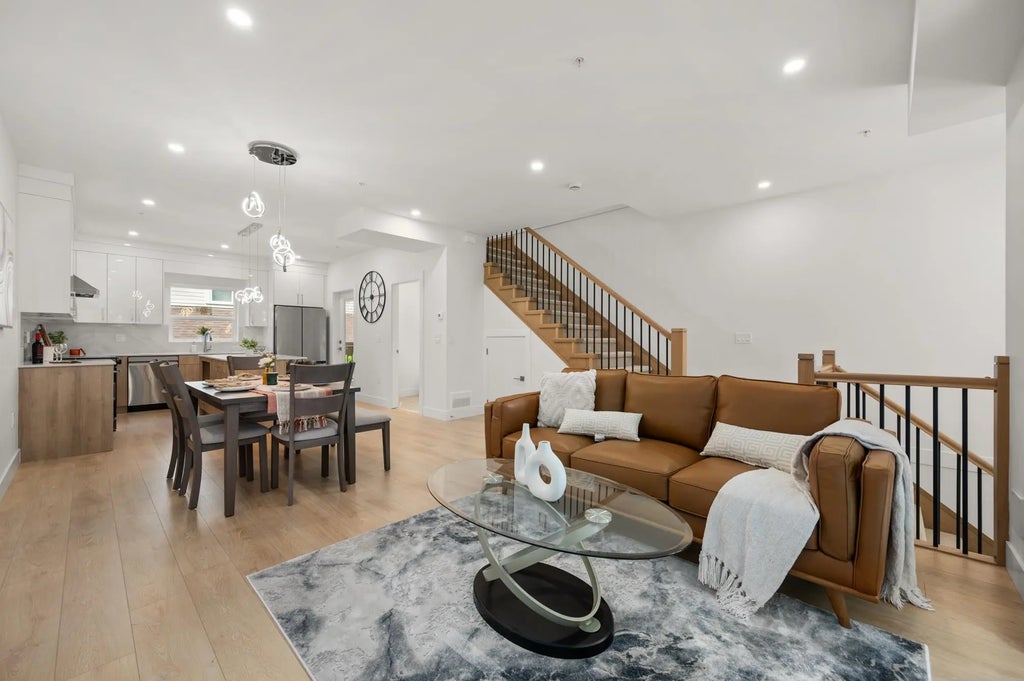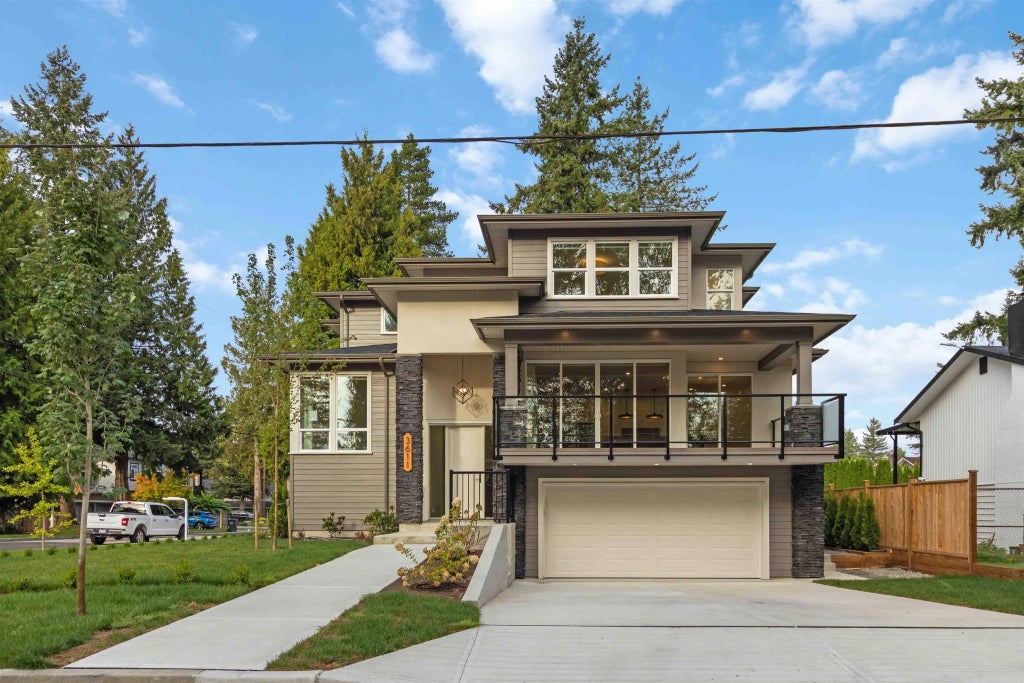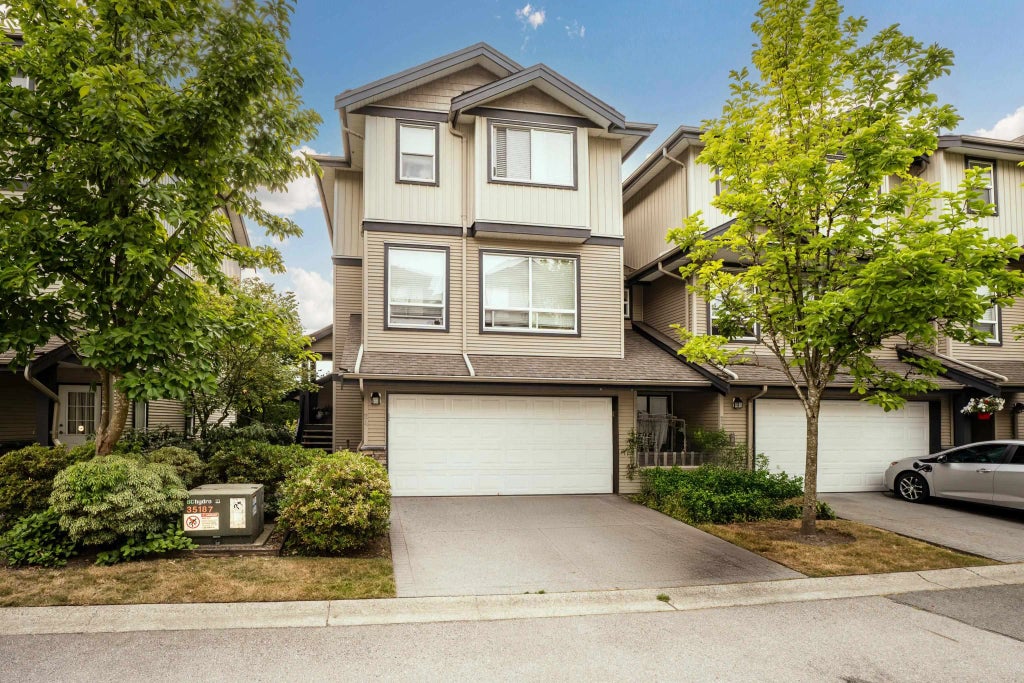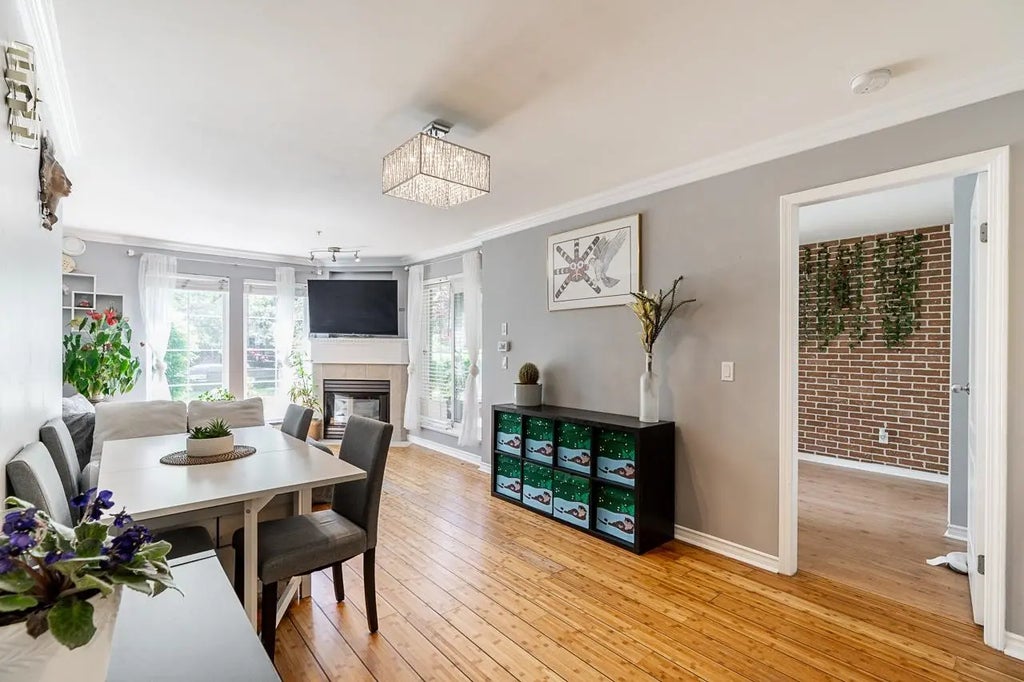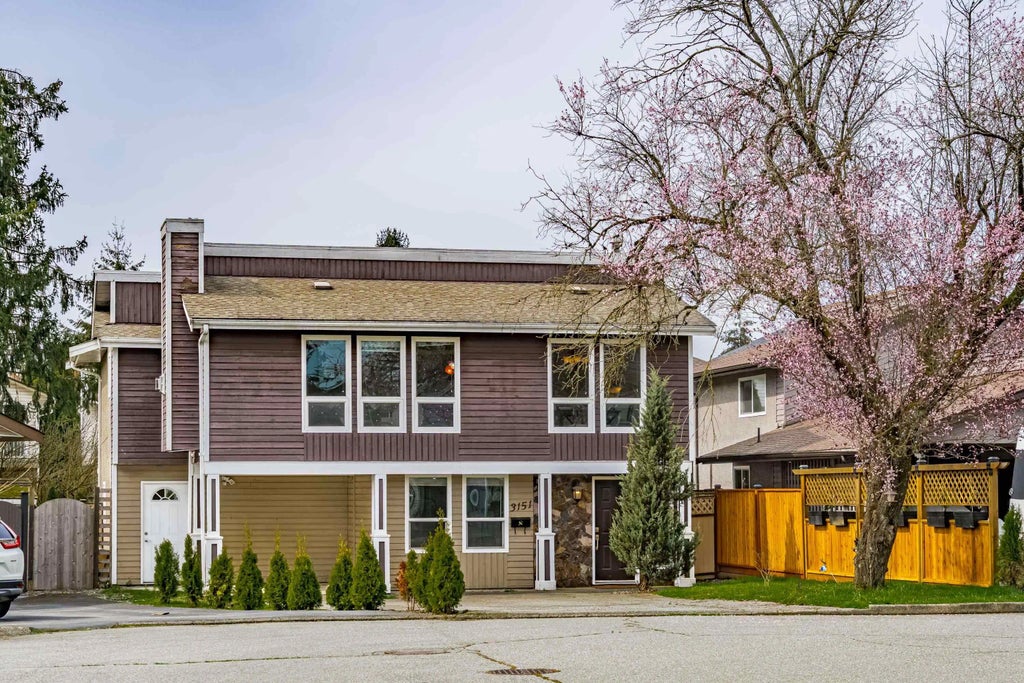Buying or selling a home in Vancouver is a big milestone — and if you’re wondering how long it actually takes from start to finish, you’re not alone. Between financing, inspections, legal steps, and waiting for that all-important possession date, the process can feel like a marathon.
This guide breaks it all down step by step — the Vancouver home buying process and the selling a home in Vancouver guide — so you’ll know exactly what to expect. Whether you’re upsizing, downsizing, or buying your first condo, here’s how the Vancouver real estate timeline usually plays out.
Part 1: How Long Does It Take to Buy a Home in Vancouver?
The steps to buying a home in Vancouver follow a fairly predictable rhythm. Depending on your preparation, financing, and market conditions, the full process can take anywhere from 30 to 90 days, though sometimes it moves faster.
Step 1: Get Pre-Approved for a Mortgage (1–2 Weeks)
Before you start scrolling through listings, get your financing sorted. Mortgage pre-approval tells you how much you can afford and shows sellers that you’re serious.
This step usually takes a week or two, depending on how quickly you can gather documents like income statements, proof of employment, and bank statements.
With home prices still high and interest rates fluctuating in the Vancouver housing market 2025, being pre-approved gives you an edge in negotiations and helps you act fast when you find the right property.
Step 2: Start House Hunting (2–6 Weeks)
Now comes the fun part — searching for your next home. This phase can last a few weeks or even months, depending on how specific your criteria are.
For example, if you’re flexible about neighborhoods or property types, you might find something within days. But if you’re after a particular school district or view, it can take a little longer.
Your agent will guide you through new listings, open houses, and off-market opportunities while keeping your budget and financing in mind.
Step 3: Making an Offer and Negotiating (3–7 Days)
Once you’ve found “the one,” your agent will help you submit an offer. The negotiation period can be quick (within 24 hours) or stretch out to several days if there are multiple offers.
Typical offer conditions include financing, home inspection Vancouver, and reviewing property documents. When both sides agree on price and terms, the offer becomes “accepted,” and you move to the next step.
Step 4: Subject Removal Period (5–10 Days)
This is the due-diligence stage — basically your opportunity to double-check that the home is in good shape and the financing is confirmed.
Common subjects include:
-
Financing approval from your lender
-
A professional home inspection Vancouver service
-
Reviewing the title and property disclosure statements
-
Reviewing strata documents (if it’s a condo)
If everything checks out, you’ll remove subjects, make your deposit, and officially lock in the deal. At this point, the sale becomes legally binding.
Step 5: The Vancouver Real Estate Closing Process (2–6 Weeks)
Once subjects are removed, your lawyer and lender take over most of the paperwork. This stage includes preparing mortgage documents, title transfers, and ensuring all Vancouver property closing costs are covered.
Typical costs include:
-
Legal fees
-
Property transfer tax
-
Adjustments for utilities or strata fees
-
Mortgage registration fees
-
Title insurance
Completion usually happens 30–45 days after subject removal, though you and the seller can negotiate the dates. On completion day, funds are transferred, and you officially become the new owner.
Step 6: Possession Day — Moving In!
Once the deal closes, you’ll get the keys and can officially move in. ????
If you’re wondering how long does it take to buy a condo in Vancouver, the timeline is often similar, but condos sometimes close faster because they’re usually newer, easier to inspect, and come with fewer maintenance variables than detached houses.
Part 2: How Long Does It Take to Sell a Home in Vancouver?
Selling a property is just as strategic as buying one. The how long to sell a house in Vancouver question doesn’t have a single answer — it depends on location, price, marketing, and current demand.
As a general rule, most homes take 30 to 90 days to sell once listed. But prep work before listing also takes time, so let’s break it down.
Step 1: Preparing Your Home for Sale (1–3 Weeks)
Before putting your property on the market, take time to make it shine. Clean, declutter, repair, and stage the space to attract more buyers.
Small upgrades — like a fresh coat of paint, fixing minor issues, or improving curb appeal — can go a long way. A professional stager or photographer can also help highlight the best features of your home.
Step 2: Setting the Price and Listing (1–2 Weeks)
Your agent will prepare a comparative market analysis to help you price strategically. Overpricing can cause your listing to sit too long, while underpricing may leave money on the table.
A good pricing strategy balances market data, timing, and your goals. Once everything’s ready, your agent lists the property on MLS® and begins marketing it across channels.
Step 3: Showings and Open Houses (1–4 Weeks)
This stage can vary widely. If your home is priced well in a desirable area, you could receive offers within days. But if it’s a slower market or higher price bracket, expect a few weeks of showings.
During this period, your agent will gather feedback from buyers and may recommend small tweaks to increase appeal.
Step 4: Reviewing Offers and Negotiating (3–7 Days)
When offers start coming in, your agent will walk you through each one. Sometimes you’ll get multiple offers and have to decide quickly. Other times, you may negotiate with a single buyer over price, terms, or dates.
Once you accept an offer, the buyer’s subject removal period begins (usually 5–10 days). This gives them time to complete their due diligence — including financing and inspection — before finalizing the deal.
Step 5: The Vancouver Real Estate Closing Process for Sellers (2–6 Weeks)
After the buyer removes subjects, your role is mostly to wait for completion. Your lawyer coordinates with the buyer’s lawyer to handle title transfer and payment.
As the seller, you’ll be responsible for things like:
-
Paying off any remaining mortgage balance
-
Adjusting property taxes or strata fees up to the closing date
-
Covering legal fees or realtor commissions
Once the funds are transferred, your lawyer confirms the sale is complete, and the buyer officially takes ownership on possession day.
Step 6: Move-Out and Final Handover
On possession day, your home should be clean and empty for the new owners. Hand over the keys, garage openers, and any relevant manuals or warranties.
If you’re buying and selling at the same time, your lawyer or notary will coordinate both closings so they line up smoothly — no awkward gap between selling your old place and moving into the new one.
Typical Vancouver Real Estate Timeline (At a Glance)
| Stage | Buyers | Sellers |
|---|---|---|
| Financing & Preparation | 1–2 weeks | 1–3 weeks |
| Searching / Preparing Home | 2–6 weeks | 1–3 weeks |
| Offer & Negotiation | 3–7 days | 3–7 days |
| Subject Removal | 5–10 days | 5–10 days |
| Closing / Legal Process | 2–6 weeks | 2–6 weeks |
| Total Estimated Time | 30–90 days | 30–90 days |
Factors That Can Affect the Timeline
Every transaction is unique, but here are some common factors that can speed up or slow down the process:
1. Market Conditions
In a hot market, listings can sell within days. In slower seasons, like winter, properties might take longer to attract qualified buyers.
2. Financing Delays
Even pre-approved buyers sometimes face extra lender requirements or appraisals that add a week or two to the Vancouver real estate closing process.
3. Inspection or Repair Issues
Unexpected findings during a home inspection Vancouver can lead to renegotiations or extra time for repairs before closing.
4. Legal and Title Delays
Title searches, condo document reviews, or municipal approvals can take longer if paperwork isn’t complete or properties have complex histories.
5. Coordination Between Buying and Selling
If you’re doing both at once, timing becomes more important — especially for moving dates and ensuring funds are available for your next purchase.
What About Condos and Townhomes?
If you’re asking how long does it take to buy a condo in Vancouver, condos often close a little faster than detached homes.
They typically have fewer unknowns — no big structural surprises, smaller inspection scope, and quicker document review. That said, reading through strata meeting minutes and financials can still take time, especially for older buildings.
Townhomes fall somewhere in between. They can sell and close quickly if they’re newer or located in high-demand areas like Burnaby or North Vancouver.
Tips to Speed Up Your Real Estate Transaction
Here are a few smart moves to help make things go smoothly and keep your Vancouver real estate timeline on track:
-
Get financially ready early. Have your pre-approval, ID, and funds ready before you even start looking.
-
Work with experienced professionals. A skilled agent, mortgage broker, and lawyer can prevent unnecessary delays.
-
Be decisive but smart. The faster you respond to offers, paperwork, and inspection results, the faster the process moves.
-
Plan your move logistics early. Book movers, set utility transfers, and confirm completion and possession dates ahead of time.
-
Stay flexible. Sometimes small adjustments in completion or possession dates can save you stress.
Understanding Vancouver Property Closing Costs
For buyers, Vancouver property closing costs generally range from 2% to 4% of the purchase price. That includes legal fees, property transfer tax, title insurance, and adjustments.
Sellers usually pay realtor commissions and legal fees, which are deducted from the sale proceeds at completion.
Having a clear idea of these costs helps you budget accurately and avoid surprises at the finish line.
The Vancouver Housing Market 2025 Snapshot
As of 2025, the Vancouver housing market remains competitive but more balanced than in previous years. Prices have stabilized, giving both buyers and sellers a chance to act with confidence rather than urgency.
With interest rates expected to moderate, transaction times may shorten slightly as more people re-enter the market.
Final Thoughts
The Vancouver home buying process and selling a home in Vancouver guide both follow a clear path — from preparation and negotiation to closing and moving day.
Most transactions take between 30 and 90 days, depending on your situation and the market pace. The key is preparation: get your finances organized, work with professionals you trust, and stay proactive from start to finish.
If you’re planning to buy or sell this year, now’s a great time to start the conversation and map out your own Vancouver real estate timeline.
Thinking about buying or selling your home in Vancouver? Let’s make a plan that fits your goals and timeline.
Contact Adam Chahl and the PLACE Real Estate Team – Oakwyn Realty for expert guidance through every step of your real estate journey.
FAQ
How long does it take to buy a home in Vancouver?
The average Vancouver home buying process takes between 30 and 90 days from mortgage pre-approval to possession day, depending on financing and market conditions.
How long to sell a house in Vancouver?
On average, it takes 30 to 90 days to sell a house in Vancouver once it’s listed, though preparation and pricing can influence the timeline.
What are typical closing costs in Vancouver?
Vancouver property closing costs usually range from 2% to 4% of the purchase price and include legal fees, property transfer tax, and title insurance.
How long does it take to buy a condo in Vancouver?
Buying a condo in Vancouver typically takes 30 to 60 days, slightly faster than detached homes since inspections and approvals are usually simpler.
What affects the real estate timeline in Vancouver?
Market conditions, financing delays, home inspections, and legal steps can all influence how long the Vancouver real estate timeline takes to complete.
MLS® Listings in Port Coquitlam | Homes for Sale

